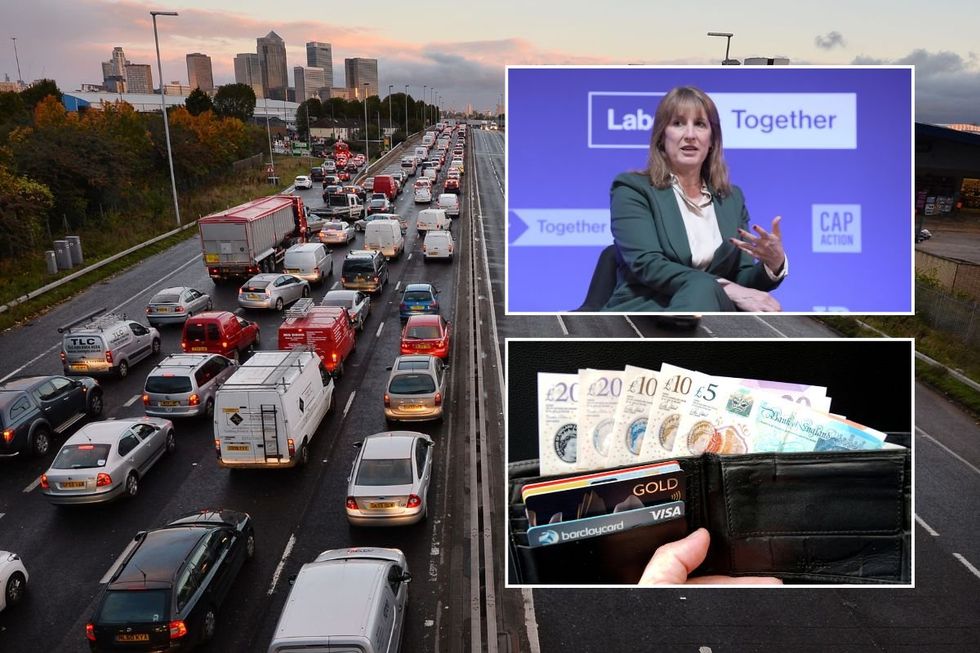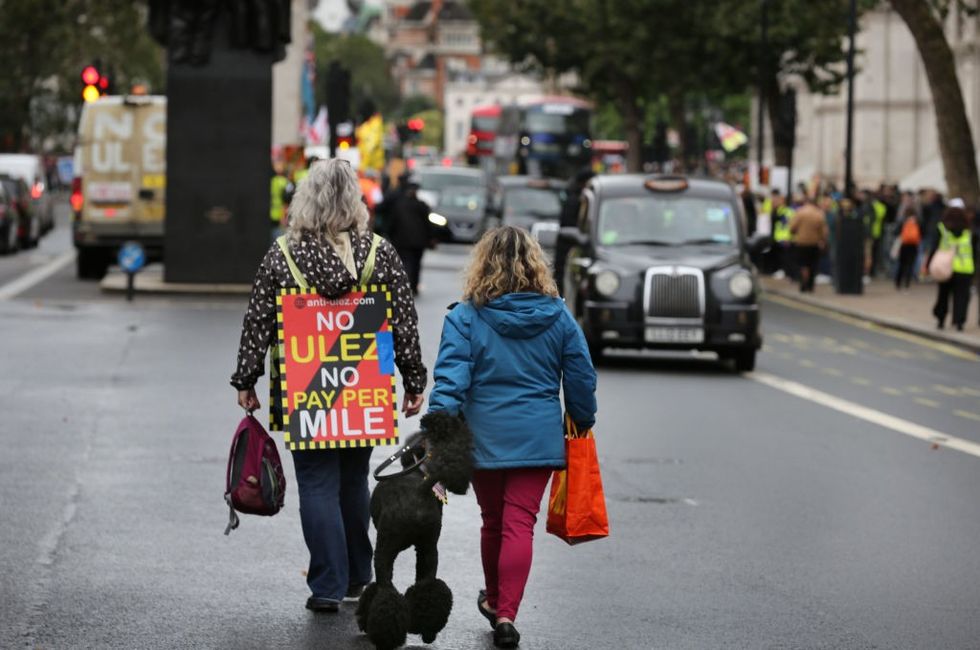Drivers are being urged to take action ahead of the Budget as Chancellor Rachel Reeves plans to introduce a pay-per-mile car tax regime that would impact millions of drivers every year.
The Chancellor will deliver the Government’s Budget on Wednesday, November 26, as Rachel Reeves looks to address a £50billion financial black hole.
Reports have suggested that the Government will look to introduce pay-per-mile charges for electric cars, at a rate of three pence per mile in a bid to claw back revenue.
The Government is expected to see a huge drop in revenue from fuel duty over the coming years as drivers ditch their petrol and diesel vehicles in favour of zero emission cars.
The Times has since reported that electric vans will not be included in the pay-per-mile plans, although plug-in hybrid vehicles could face the additional charge.
This would see them face a “double charge”, with drivers paying for fuel duty when filling up with petrol or diesel and the 3p per mile for the electric powertrain.
Experts have also warned that drivers across the country could be put off from investing in an electric car if they are expected to pay more in tax, and more up front for the vehicle itself.
This comes at a time when the Government is attempting to encourage motorists to make the switch to electric, given the ban on the sale of new petrol and diesel cars from the end of the decade.

Britons are now being encouraged to take matters into their own hands and consider the potential aftermath of the Autumn Budget and what it could mean for their wallets.
Chris Ball, CEO of Hoxton Wealth, highlighted that motorists would be advised to take action, saying: “Drivers should start factoring this into their motoring budgets.”
The expert highlighted that drivers could face hefty costs if they travel more frequently than the average driver.
Someone who drives 10,000 miles a year could pay an additional £300 annually, which could hammer professional drivers or those living in rural areas.
LATEST DEVELOPMENTS
- Rachel Reeves set to hammer millions of drivers with ‘double car tax’ ahead of pay-per-mile Budget decision
- Thousands of e-bikes seized for blocking pavements as Britons become ‘fed up’ with nuisance vehicles
- Drivers could face stricter MOTs as Rachel Reeves proposes 3p-per-mile road tax to replace fuel duty
This has constantly become a point of contention when considering introducing a road pricing scheme, with the Government yet to commit to a method of rolling out the scheme.
If the measures are introduced in the Budget later this month, the Government is expected to launch a consultation to hear the opinions of the industry before launching the scheme in 2028.
Mr Ball continued, saying: “Plan by setting aside money each month, monitoring mileage, and reviewing total vehicle costs will be key.
“EVs still offer long-term savings, but it is worth adjusting expectations and ensuring motoring costs are built into financial planning going forward.”

A Government spokesperson acknowledged that there wasn’t an equivalent to fuel duty for electric vehicles like there was for owners of petrol and diesel cars.
They added that the Government wants a “fairer” system of taxation for all motorists, while backing the uptake of electric vehicles at the same time.
It pointed to the popularity of the £650million Electric Car Grant, which allows motorists to save up to £3,750 off the price of a new electric vehicle up to £37,000.
The spokesperson added: “Just as it is right to seek a tax system that fairly funds roads, infrastructure and public services, we will look at further support measures to make owning electric vehicles more convenient and more affordable.”
Our Standards:
The GB News Editorial Charter







Follow